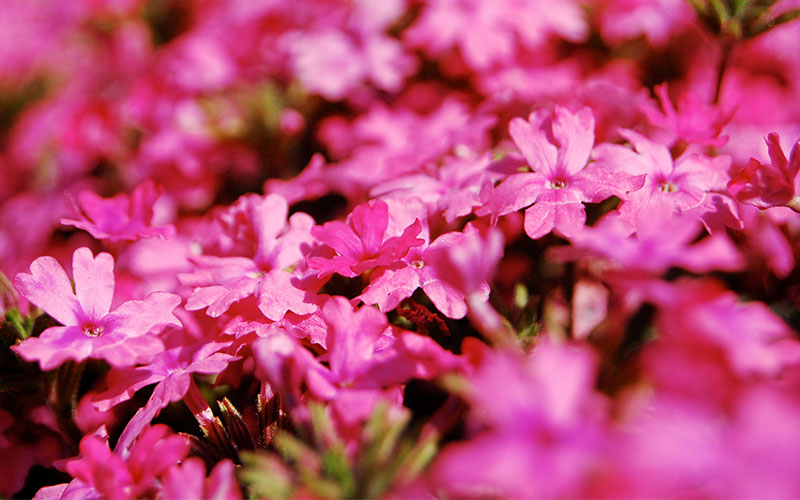Find out the latest in forest news in this week’s Forest Digest!

- American Trees Are Moving West, and No One Knows Why – The Atlantic
As climate change continues to wreak havoc on the environment, scientists do their best to predict and prepare for the future. No one could have expected this, however. A new survey of tree population shifts over the past three decades reveals a shocking realization: The trees are heading west. Is the “tree community” falling apart? - Migratory birds arriving late to breeding grounds – Phys.org
It’s starting to seem like there’s hardly a species in the natural world that isn’t affected by climate change. That’s right, as the onset of spring has begun to shift due to warming temperatures, many songbirds are having trouble reaching their northern breeding grounds in time to ensure the arrival of the next generation. - England plants so few trees that the entire year’s planting could have been done by three people – The Telegraph
Yes, you read that correctly. The year of 2016 was a new low for England with just 582 hectares of trees planted— the most disappointing figure since 1976. While the government pledged to redeem itself with the promise of planting 11 million trees by 2020, the planting rate would need to increase by 10 percent in order to hit this target. We’re rooting for you, England, but so far, it’s not looking good. - Sowing new seeds of knowledge about the drivers of plant diversity – Science Magazine
A new study from the University of Waikato in New Zealand reveals that the diversity of plant communities, specifically wildflowers in this case, are largely affected by, you guessed it— climate change. Noticing a trend today? While scientists say they’re still largely unsure exactly how this happens, they now know that “plant diversity tends to be lower in more stressful environments,” according to researcher Dr. John Dwyer. - Cities need ‘hedges as well as trees’ for environment – BBC News
While we all know and love trees for their ability to combat air pollution, Professor Prashant Kumar recently published a paper which encourages cities to place hedges at the forefront of their environmental efforts. Because they can absorb toxins nearer to the level of exhaust pipes than most trees, they’re better suited for reducing people’s direct exposure to pollutants in urban areas.